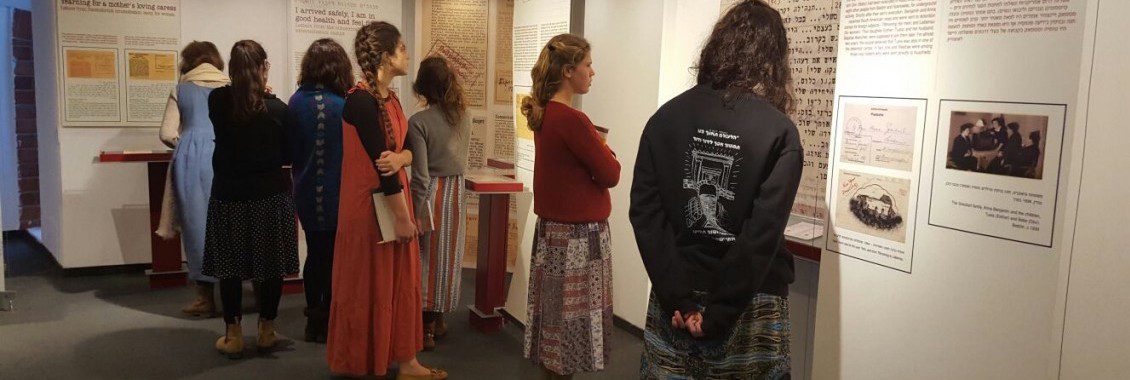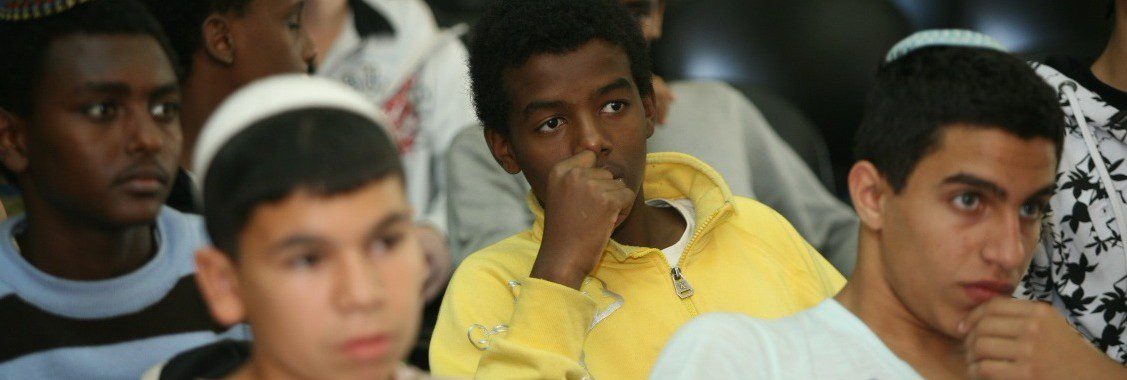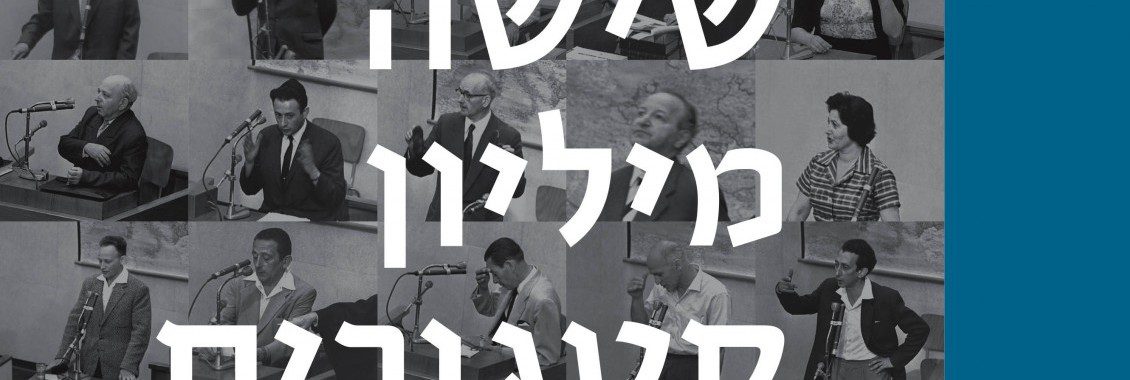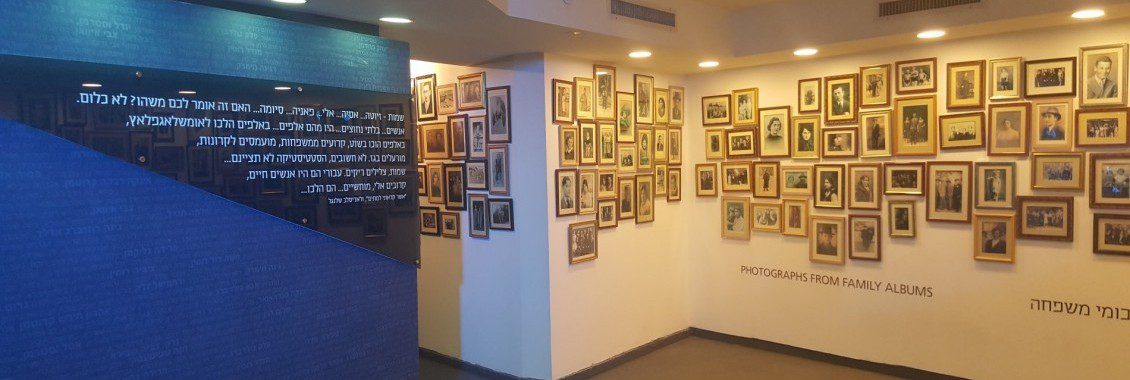


Value learning at Massuah
Massuah is unique among Holocaust memorial museums and institutions in Israel in its emphasis on discussing aspects of Holocaust memory that are relevant to the contemporary Israeli discourse. Its seminars build a bridge between history and memory by taking up questions of Jewish, Israeli, and human identity. For State Religious schools, Massuah offers experiential and value learning activities that span a broad spectrum of topics, including:
- Spiritual leadership in the Holocaust– a workshop based on a display of Responsa from the Kovno (Kaunas, Lithuania) ghetto. Participants delve into daily life in the ghetto and examine the centrality of spiritual leadership under crisis conditions.
- “On Behalf of the Jewish People”– a workshop where aspects of “Jewish identity” are discussed on the basis of testimonies at the Eichmann trial.
- “‘If This Is a Man’, the Struggle for Survival in the Camps”– a workshop accompanied by literature and testimonies about the daily lives of prisoners in concentration camps. Participants discuss various patterns of struggle for survival in the camps and ways of coping with the process of loss/blurring of personal identity.
- “Addressee has Left – Destination Unknown”– The exhibition focuses on the human and personal dimension. Letters, the only mean of communication with the outside world, expressed the state of mind and the daily reality of millions of people trapped in the inferno. They substantiate the sense of strangulation that was felt by those in the ghettos, the limitations imposed by German censorship in the occupied areas, the constraints dictated by the Jewish leadership in the ghettos, and the limits and constraints of writing imposed on prisoners in the camps. Above all, the exhibition shows how the human image endured within this hell.
- “The Trial of Adolf Eichmann”– The Eichmann trial is seared into the Israeli consciousness as “the witnesses’ trial.” The activity focuses on the Holocaust as recounted in the testimonies of the 101 witnesses who took the stand and in the hundreds of documents and photographs that were entered into evidence.
- “Danger, Propaganda! – ‘Hate Industry – Antisemitism and Racism, the Last 100 Years”– from propaganda posters in Nazi Germany in the 1930s to incitement on today’s social media; discussion of stereotyped perceptions and prejudices in the private and public domains.
- Reflective activity– The Holocaust is an emotionally fraught topic to teach. We offer a range of creative workshops to encourage reflection on the learning process.







